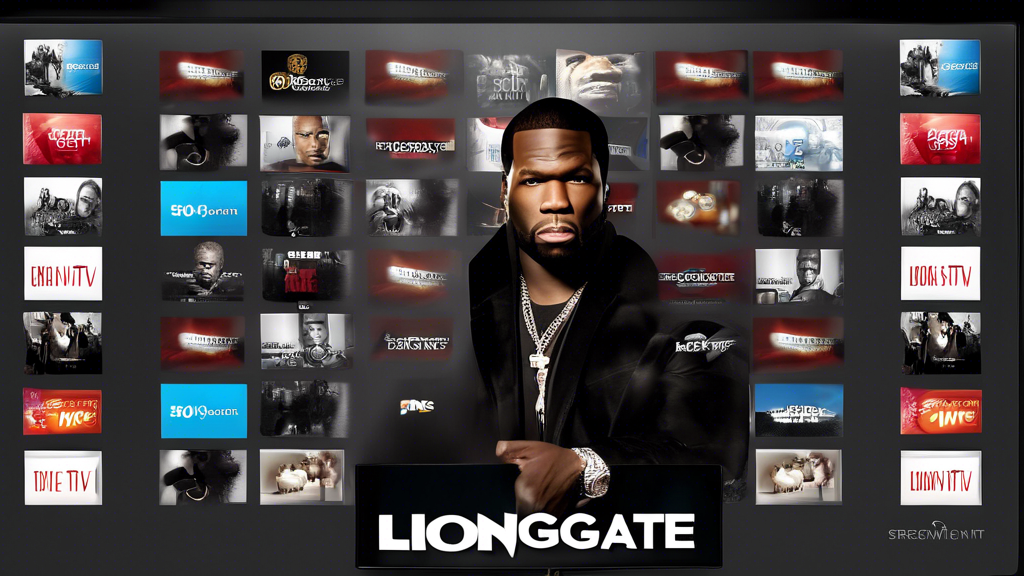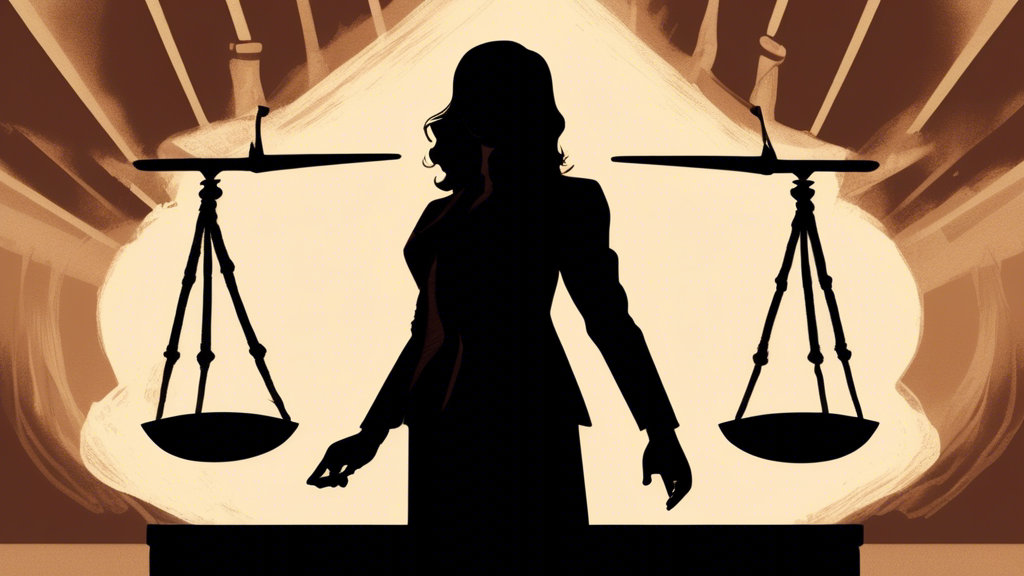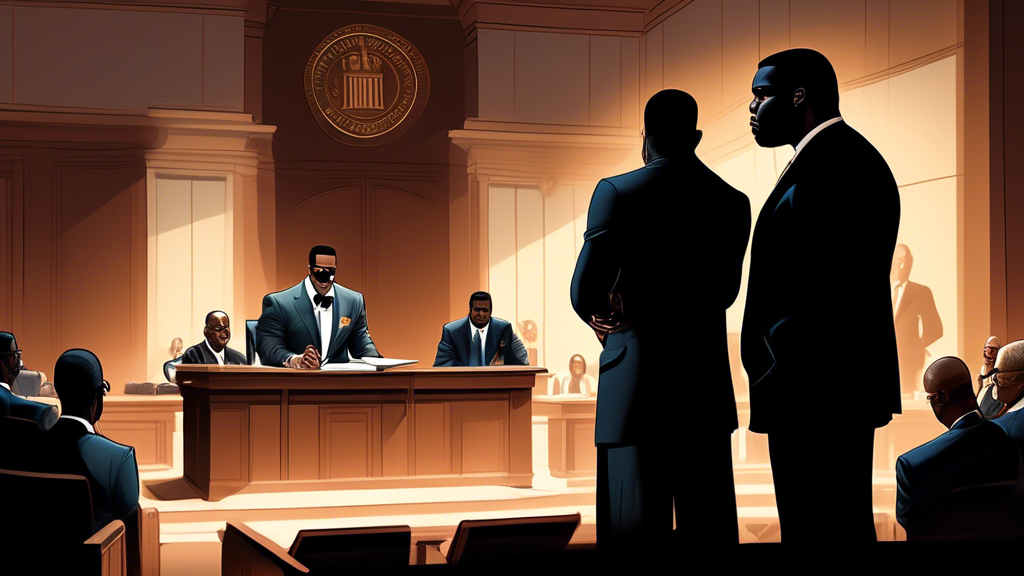Tag: 50 Cent
-

Lionsgate Collaborates with 50 Cent to Debut Free, Ad-Supported Streaming TV (FAST) Service
In a groundbreaking venture, Lionsgate has joined forces with renowned rapper and television producer 50 Cent to launch a new free, ad-supported streaming TV (FAST) service. This collaboration aims to revolutionize the landscape of streaming entertainment by making high-quality content accessible to a broader audience without the need for subscription fees. The Concept of FAST…
-

50 Cent’s Ex May Sue Accuser for Defamation Over Claims of Being a Sex Worker, Says Diddy
The controversy began when the accuser, whose identity has been withheld for privacy reasons, made public claims suggesting that Diddy had engaged in relationships with paid sex workers, a statement that quickly spiraled out of control on social media platforms. The narrative gained further traction when it was implied that Tompkins was among those involved…
-

Ex-Partner of Diddy Could Be Sued for Defamation by 50 Cent Due to Claims of Hiring Sex Workers
This looming legal battle underscores the broader implications of how allegations, especially those involving sensitive claims of sexual misconduct or associations with criminal activities, are navigated in the public domain. It also reflects the complexities surrounding issues of consent, privacy, and the increasing role of social media as a platform for these serious claims to…
